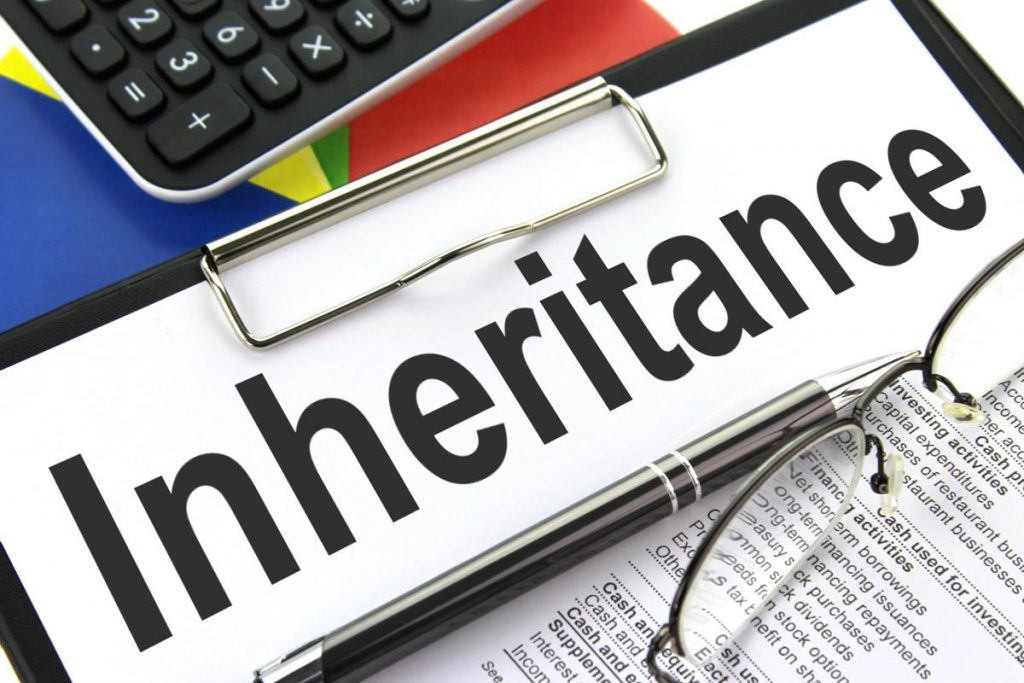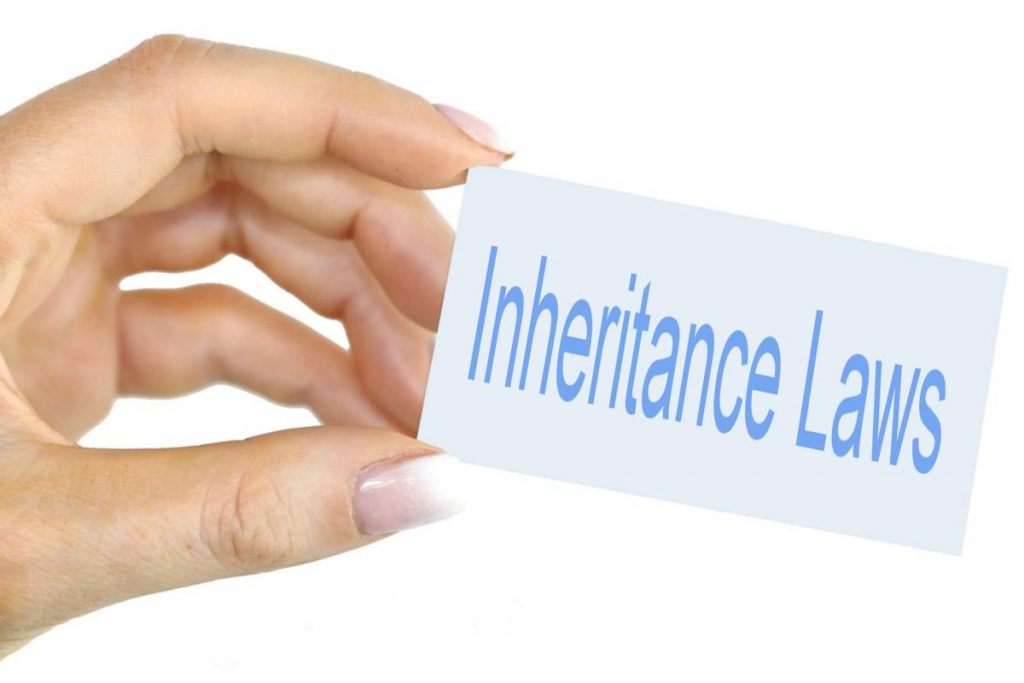Summary
Step 1: Determine if a notary is required
Step 2: Search for beneficiaries
Step 3: Search for creditors
Step 4: Obtain a Certificate of Heredity and Death
Step 5: Take the certificates to the deceased’s bank
Step 6: Report the estate received
It is possible to open an estate without the presence of a notary, if certain conditions are met.
As an heir, you must make sure that there is no other person entitled to the estate, and look for the presence of possible creditors.
You must then obtain a certificate of inheritance and take it to the deceased’s bank. Finally, you will complete a declaration of inheritance to be sent to the tax office.
Here is a step-by-step procedure for settling an inheritance without a notary.
1. Determine if a notary is required

You will have to determine whether the presence of a notary is necessary. If the estate includes at least one property regardless of the value of the property, it is necessary to use the services of a notary in order to proceed with the change of ownership.
Note: the heirs will have to pay transfer duties, independently of inheritance tax.
Inheritance follows a will or a donation between spouses.
When the succession is dictated by a gift between spouses or a will, the intervention of a notary is mandatory if the sums involved are greater than millions of dollars.
If the inheritance does not include any real estate and does not follow any will or donation, it will still have to be done through a notary, if the sums involved are greater than a certain amount which is normally in millions of dollars.
Indeed, if the estate assets are less than that particular amount (you can check that figure with your local town hall), the deed of notarisation (drawn up by the notary) is not necessary: a certificate of heredity, issued by the town hall, is sufficient. However, the mayor is entitled to refuse to issue such a document, and the certificate of heredity is likely to disappear. It is replaced by the attestation of heirs.
2. Search for heirs
This is only necessary if, as an heir, you suspect that the deceased may have had other children.
In this case, you should publish an official announcement in a local newspaper, inviting the heirs of the deceased to come forward.
3. Search for creditors

View bank account statements for the last three months:
– Check the deceased’s bank statements, at least for the last three months.
– Point to the statements for monthly credit payments.
– Look for evidence of creditor insurance.
By consulting the amortization table for the credits in question, the heirs will see whether the deceased had taken out death and disability insurance.
In this case, they must invoke the insurer for the payment of the remaining capital, thus relieving themselves of liability for debts.
4. Contact the deceased’s bank

Contact the deceased’s bank branch to inquire about possible debts.
Good to know: if the heirs find that the deceased’s debts exceed the amount of the estate, they can refuse the inheritance or accept it only up to the amount of the net assets. In the latter case, they would not be liable for the deceased’s debts.
Obtain an inheritance and death certificate
Contact the town hall of the deceased’s last known address, and ask:
– a certificate of heredity or a certificate of inheritance;
– a copy of the death certificate.
5. Take the certificates to the deceased’s bank
Then go to the deceased’s bank branch, to hand over:
– the certificate of heredity or a certificate of inheritance;
– a copy of the death certificate;
– a bank statement of your own current account and that of the other heirs.
Note: some bank branches may require more formalities.
6. Declare the inheritance received
Once the estate is received, all heirs must declare it to their tax office:
– within 6 months of the death, if it occurred in the deceased country of birth;
– within 12 months following the death, if it occurred outside the deceased country of birth.
There are many forms to fill out, depending on the situation. In the absence of a notary to assist with these procedures, it is recommended that the heirs consult the explanatory note from the Ministry of Finance.
Should you require more information about settling an inheritance or probate applications where the role of executors and administrators are not always very straight forward, you can get in touch with Felix A Vitiello in Springvale. They will help you to understand the stages of the process in all matters pertaining to Family Law, Commercial Lawyer, Conveyancing, Criminal Law, Power of Attorney, Wills, Trusts and Estate Litigation, Probate, Business Transactions & Leasing.


Pingback: Surviving Spouse: Know Your Rights | Law blog online